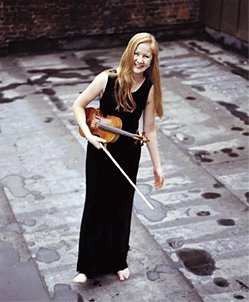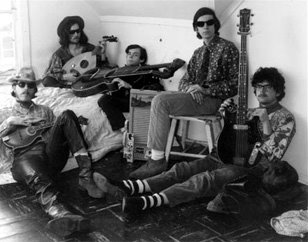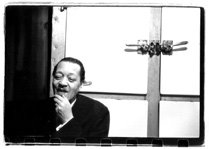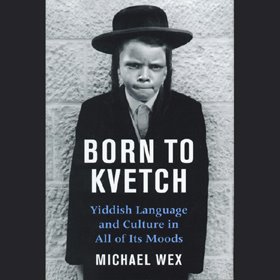
Saturday night we went downtown to see the symphony. Somehow I got hold of cheap 3rd row seats for 5 performances this year (I'm thinking they mixed me up with someone else!) This has been a real blessing - a chance to watch the performers up close and pick up on the body language and sometimes the real emotional response of the players to the music itself. I've seen a violinist break down in tears after a recital of Strauss's
last songs (the modern one), laughter at humorous passages, the vocal humming and growling of a guest pianist, the looks that said "I wonder what's to eat when this is over?", "My shoes are too tight", as well looks of transport out of this world...
I didn't know the details of Saturday's program until I sat down. The 2nd of the 3 offerings was to be Prokofiev's Violin Concerto No. 2. featuring an 18 year old violinist as guest soloist.
The symphony players tuned up, adjusted and settled in their seats.
Out walks a slender girl with light auburn red hair and a coppery red strapless gown who smiled and took a deep bow before beginning. With no music in front of her she closed her eyes and swept herself, and everyone, into the music. Her face had a kind of Irish babyfat look but with fine features nevertheless - with a little exagerration she could have been tweaked into a Tim Burton version of a Dr. Seuss story - but what struck me was the asymmetrical furrows of concentration that would breeze across her, as if she was being possessed by some ancient soul or, at least, the vestigial memory of one of her teachers.
I'm no judge of classical violinists but her tone just sang and she just breezed through intricate, modern chromatic passages that i imagined 10 years of confinement to a Tibetan monastery couldn't achieve. The looks on the faces of the symphony members seemed to confirm that my dazzlement wasn't entirely bumpkin.
After the show I looked up everything I could find about Caitlin Tully. She was not, as we had thought likely, born to musician parents. Her folks noticed her unusually strong attraction to the sound of the violin before she was three. Well-meaning, they bought her a keyboard and she got mad. When they got her violin next Christmas she was in joy and began lessons - eventually leading to lessons with Itzhak Perlman, public performance at 10, and its been steadily upward from there.
I was relieved to hear that she has understanding, non-interfering parents and a wide range of interests beyond the violin. She enjoys composing - working on a children's opera for which she composed the libretto and designed the clothing - studying languages, competing in 10k races, paragliding, and unicycle riding.
Yehudi Menuhin, famous violinist and child prodigy himself, said of Caitlin "She plays with more integrity than any young violinist I have heard."
Meanwhile - I sez to my 53 year old self - I want to get some practice in...



